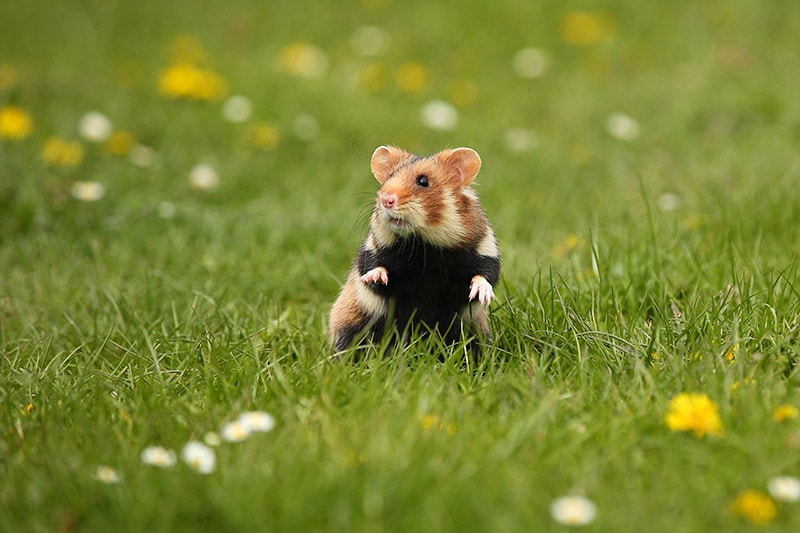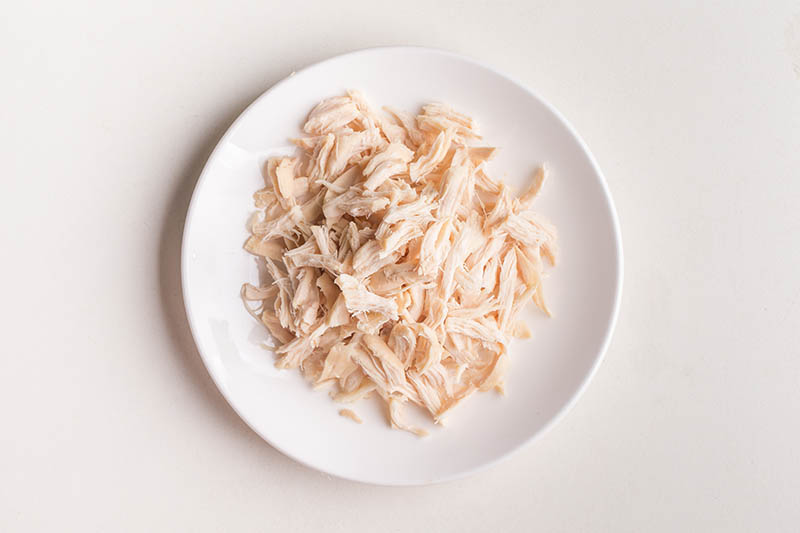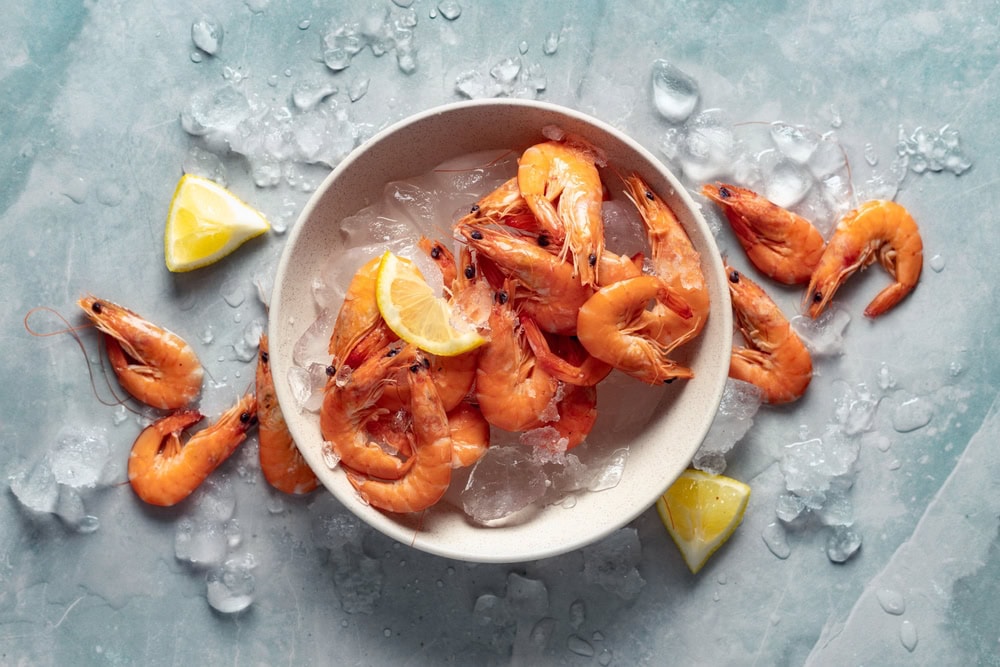Can Hamsters Eat Grass? Vet Reviewed Nutrition Facts
Updated on

Your hamster may love their pellets, but it’s a great idea to offer them a few treats here and there. This could be root vegetables or some pieces of fruit. Hamsters can eat grass in moderation, but it won’t meet their nutritional needs, so it shouldn’t make up a large part of their diet. Too much grass can also cause an upset stomach, which you want to avoid.
Although a bit of grass is fine, there are a few things you need to consider..
Is Grass Beneficial to Hamsters?
Although eating grass isn’t typically harmful to hamsters, there aren’t any nutritional benefits to eating it. Hamsters that play outside in a cage without a floor may nibble on the grass because it’s edible, but there is no need for you to go outside each day to pick some for your hamster, nor should you give them grass clippings to eat. Any grass that your hamster eats should pass through their body without impacting them nutritionally.
Can Grass Be Bad for Hamsters?

In certain cases, grass can be detrimental to hamsters. If a hamster eats too much grass, they may not be hungry enough to eat their pellets, which are designed to meet their nutritional needs and give them the energy they need. Eating a stem or two of grass every day or two should be safe, but more than that can start to pose a problem.
Eating too much grass can also cause diarrhea. Grass is high in fiber but also has a high water content. If your hamster is receiving a balanced diet and not overeating grass, they shouldn’t develop this issue unless they are stressed or have a bacterial infection.
Another concern around giving your hamster grass is the presence of chemicals and pesticides. If the grass your hamster eats has any of these harmful substances on it, it can make them very sick. You should also make sure your hamster doesn’t come into contact with grass that has feces on it.
What Do Hamster Pellets Contain?
Unlike grass, hamster pellets meet your hamster’s nutritional needs and should, therefore, be their primary source of food, along with a small daily portion of root vegetables or fruit. Your hamster’s pellets should contain protein, carbohydrates, fat, and fiber, which provides them with a balanced diet.

Conclusion
Grass that is free of chemicals and pesticides is safe for hamsters to eat. However, it is not a nutritious treat for your hamster as their bodies aren’t able to absorb anything from it. It’s best to avoid it altogether. Your hamster’s primary diet must consist of hamster pellets because they provide your hamster with everything they need nutritionally.
You can give them a small amount of root vegetables or fruit to nibble on, too, but these should be given in moderation.
Featured Image Credit: Kirill Kurashov, Shutterstock











